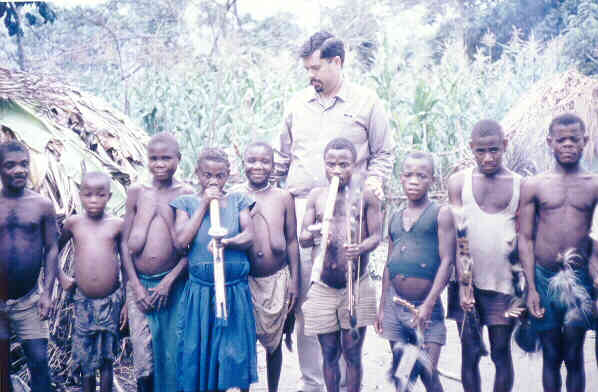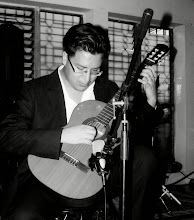Essay on Eric Klinenberg's Going Solo
by Carlos Murgueitio
Sociology Class, Princeton University
Years
before Eric Klinenberg published his "Going Solo" book, in which he
tries to understand the views and reasons of people who have decided to
live their lives isolated from other people, C. Wright Mills in his book
"The Sociological Imagination" dwelved into something that may relate
to Klinenberg's ideas. According to Mills, he found out that people
usually felt "trapped", or pretty much hopeless in their social
environments because they thought they could not change what was going
on around them, that it simply was too much overwhelming, so taking
action into account was pretty much useless. But, Mills also thought
that every single individual of a society was pretty much responsible
(or took part, even without knowing it) of what he or she was receiving
from society. Indeed, it is a feed-backing act between individuals and
society.
Likewise, Howard Becker (A few
years after Mills' ideas were published) thought that we as scientists,
we should not let our biases to interfere with the final results of
whatever social analysis we were undergoing, in order to keep the
results under an objective and scientific point of view. The question
is, how does this apply to Klinenberg's ideas explained in his "Going
Solo" book. Plus, he also remarks something very important, which I'll
quote because it does apply to the context in which I'll develop this
essay: "In any system of ranked groups, participants take it as
given that members of the highest group have the right to define the way
things really are".
Going through Klinenberg's "Going Solo"
reading, I've focused on the quotations he put on, which are made by
people from different times and centuries, who have manifested their
views about loneliness, or solitude. From Benjamin Franklin, to Margaret
Thatcher, these quotes seem to reinforce the will of the author of
making us readers think that we actually are living in a "singleton
society" - as he calls it -, and in fact he seems to perceive it in a
very strange, sometimes confusing and contradicting way.
In
some of the paragraphs of the lecture, he seems to agree with the views
of Franklin, Thoreau and Thatcher, considering their roles in universal
history and their contributions to society. But on the other hand, he
seems to be quite worried about the growing number of people deciding to
live alone, especially in "most developed" societies like those from
Scandinavia, Japan, North America and Brazil.And it seems to me that he
comes to the conclusion of the "singleton society" because of these
particular countries' cases. And here's where Klinenberg's views fail to
meet what Becker requests from sociologists, the ability to keep our
personal biases away from our research, or as I prefer to call it "under
observation"
- Or as Freud calls it, "Observing Ego". Because at the
end of the day, our conclusions, biases, are nothing but the result of
our Ego reinforcement -.
The opinions
of Franklin, Thoreau and Thatcher are not appliable to all societies,
because we're not living under the same conditions, or set of rules in
the societies we're part of. For example, in my country (Ecuador) people
have a tendency to live on their own at first, but after a certain age
(Middle Twenties) both males and females start to find a couple, if they
have not met them before being 25. Because here in Ecuador there is a
certain fear of living alone or developing a professional life on your
own, by your own set of rules just like Franklin said.
Ecuadorian
society tends to be a big collective. We have a historical background of
social changes where the most dramatic transitions have been made
collectively, not by the people in the higher powers, but rather by a
certain group of people who have protagonised huge manifestations in the
capitol cities of the country. So, Klinenberg's "Rich Experience" here
would be labeled as wrong rather than rich.
Now let's go to the countries where
people are choosing to live alone. It's the same, they have not the same
social conditions, nor they have the same life cost or life expectancy.
European, North American and Asian societies are not the same as their
less developed counterparts. In this study it shows Brazil as a
"representative" of South American culture, but that may not be the case
because, Brazil's cultural background is quite diverse and casually, it
does have people from European, North American and Asian Societies
living in their country.
Rather than taking for granted and as the
ultimate truth the results of "Well-Developed-Countries", Klinenberg
should have considered broaden his research horizon if he was going to
make such conclusions, which to some extent, seem illogic.









